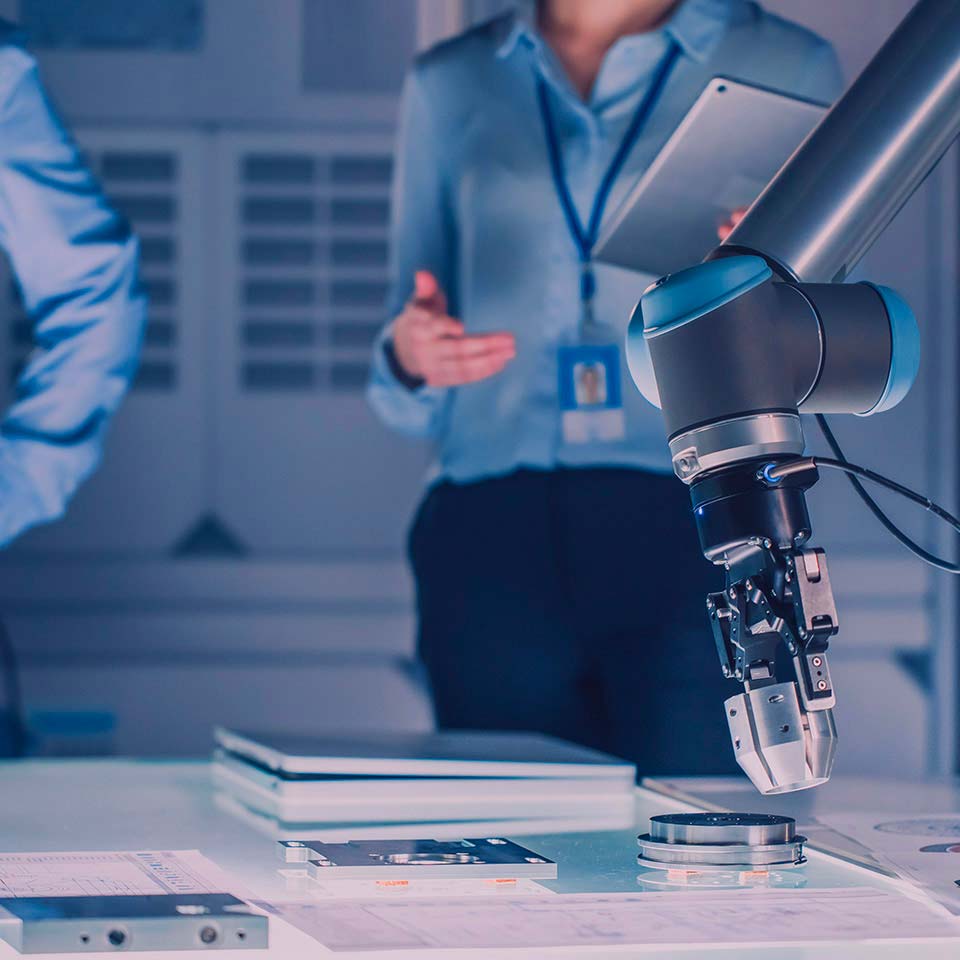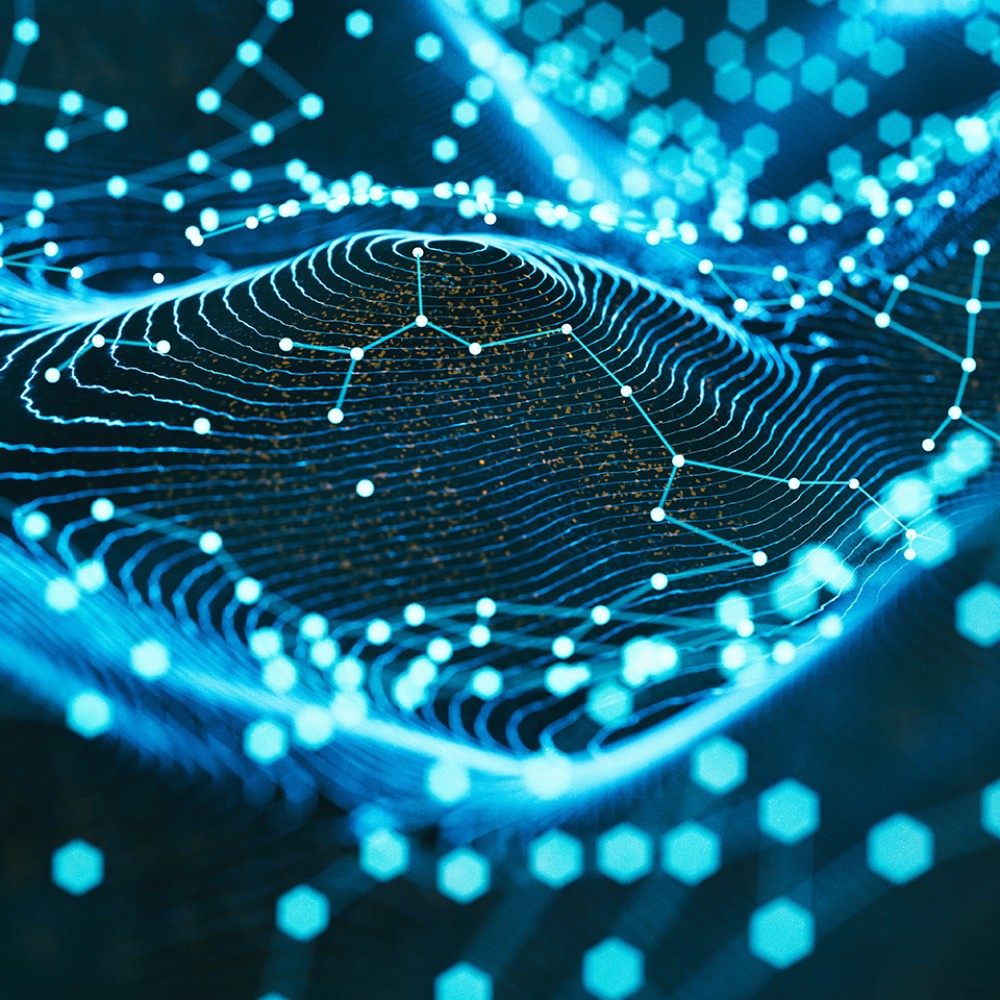In brief
- Andrey Kononov explores how artificial intelligence (AI) can revolutionize software testing, from optimizing manual testing to enhancing test automation
- Despite data privacy concerns, AI's potential to streamline test creation and data generation is significant. Its power is particularly evident in test automation, aiding in code generation, test maintenance and analyzing results
- While there are debates about AI's future role in testing, it's safe to say that current generative AI models are powerful accelerators for various testing activities, unlikely to replace human involvement entirely
Artificial intelligence has been dominating tech-related discussions, and rightly so. Its potential to revolutionize various sectors, including software testing, is immense, but remains largely untapped. It is an increasingly popular topic amongst both QA engineers and business stakeholders, who seek to leverage AI's capabilities to optimize their workflow efficiency.
Utilizing AI in testing activities
In testing, the process of test creation typically involves testers analyzing business requirements, functional specifications, or any other information sources from which the actual tests can be derived — referred to as the 'test basis'. The test basis serves as the foundation upon which the tests are developed. AI can greatly assist in this process by utilizing natural language processing (NLP) and machine learning (ML) algorithms. Proficiently utilizing various test design techniques, including such advanced ones as pairwise testing or orthogonal array testing, AI streamlines the efficiency of the test creation procedure. It's worth noting that this activity involves sharing the test basis with AI, a concern we will address in more detail later on.
AI is also capable of analyzing results and identifying patterns. If there are consistent defects and failed tests in a particular area of your application, predictive analysis (PA) can suggest root causes and provide insights for a human tester to make educated decisions. It's imperative to underscore that, while AI-generated suggestions are important, human expertise remains pivotal in interpreting and acting upon these insights.
Futhermore, AI can help in generating realistic and diverse test data, alleviating the manual efforts traditionally associated with this task. With the involvement of generative AI, reinforcement learning, and other techniques, AI facilitates the generation of synthetic test data that closely resembles the real-world one.
AI in test automation
On the test automation front, AI assumes an even more substantial role.
Generative AI demonstrates significant potential in automating code generation for test automation. Notably, sharing the test basis with AI is generally unnecessary in this context. While human oversight remains essential for implementing the generated code, this synergy enhances the productivity of test automation engineers.
Moreover, AI technologies such as ML and PA have showcased remarkable utility in test maintenance. As software evolves over time, the need to promptly update tests to align with changes becomes increasingly critical. AI efficiently fulfills this task, yielding notable time savings. This is particularly noteworthy, given that around 20-30% of automated testing time is typically dedicated to maintaining existing tests.
Another AI application in test automation is computer vision (CV), with the potential to revolutionize software usability testing by providing valuable insights into user interactions, behaviors and interface design. A combination of computer vision-based analysis and traditional methods can help companies adopt more user-centric software design and development.
Addressing concerns and future vision
Amid these advancements, a primary concern surrounding the adoption of AI in testing is data privacy.
The reluctance to share sensitive data with AI stems from its ability to absorb and learn from information. Many companies and their clients are hesitant to share intellectual property, code and other confidential data with AI due to potential security breaches, including information being accessed by unauthorized parties.
While large tech companies maintain strict protocols against processing client data or code using AI due to security risks, AI's utility remains potent in general-purpose testing activities like code generation, synthetic test data creation, test maintenance, and other tasks that do not necessitate sharing the test basis with AI.
Looking ahead, it's important to recognize the robust debate surrounding AI's future role in testing. Indeed, AI accelerates testing activities by providing guidance and insights, yet a complete replacement of human intervention in software quality assurance is unlikely. Tasks requiring cognitive abilities will persist, and human oversight will remain essential in areas such as interpreting nuanced contexts, making strategic decisions, and ensuring ethical considerations are upheld.
This vision rests on existing AI models and the ever-evolving landscape, which may see dramatic shifts in the coming years, as demonstrated by the recent emergence of AI models like ChatGPT.
AI holds immense potential for revolutionizing software testing. It’s already demonstrating its effectiviness in areas like code generation, test maintenance and synthetic test data creation. The time has come for organizations to embrace AI as a catalyst for transforming their testing landscape.
At Zoreza Global, we not only recognize the revolutionary potential of AI but also actively harness it to streamline our processes, ensuring unparalleled outcomes for our clients. At the same time, we maintain a vigilant awareness of privacy and data security considerations, underscoring our unwavering commitment to responsible and ethical implementation of AI.
Want to know more? Get in touch with Zoreza Global today.









